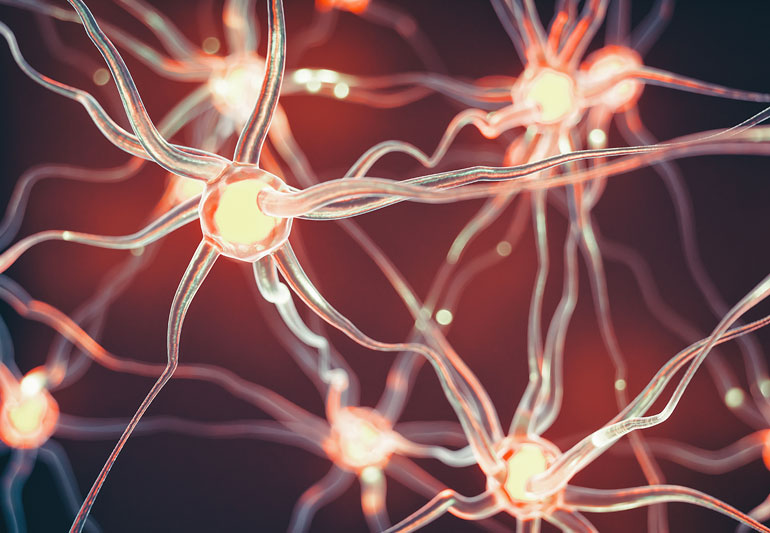Understanding and Overcoming the Challenge: Nerve Pain and Treatment Options
Nerve pain, a condition characterized by discomfort arising from damaged or dysfunctional nerves, can be a debilitating experience. It manifests in various forms, ranging from burning and tingling sensations to shooting pains and numbness. This article delves into the complexities of nerve pain, exploring its causes, symptoms, and the diverse treatment options available to manage and alleviate it.
Demystifying Nerve Pain: Causes and Underlying Conditions
Nerve damage can occur due to a variety of factors. Here’s a breakdown of some common causes:
- Diseases: Diabetes, shingles, post-herpetic neuralgia, trigeminal neuralgia, and HIV/AIDS are some conditions that can damage nerves and lead to neuropathic pain.
- Injuries: Trauma, accidents, and surgeries can compress, stretch, or sever nerves, resulting in pain.
- Infections: Bacterial or viral infections, such as shingles and Lyme disease, can damage nerves and cause pain.
- Vitamin Deficiencies: A deficiency of vitamin B12 can contribute to nerve damage and pain.
- Autoimmune Diseases: Conditions like lupus and rheumatoid arthritis can attack nerves, leading to pain.
- Toxins: Exposure to certain toxins, including alcohol and chemotherapy drugs, can damage nerves.
Recognizing the Signs: Symptoms of Nerve Pain
Nerve pain manifests differently in each individual. However, some common symptoms include:
- Burning sensation: A burning, searing, or hot feeling in the affected area.
- Tingling or prickling: A pins-and-needles sensation or feeling like electricity is running through the skin.
- Shooting pain: Sudden, sharp, stabbing pains that come and go.
- Numbness: Loss of feeling in the affected area.
- Increased sensitivity to touch: Even light touch can feel painful.
- Muscle weakness: Difficulty using muscles in the affected area.
The location and intensity of pain can vary depending on the cause and the nerves involved.
When to See a Doctor
If you experience any persistent or worsening nerve pain, it’s crucial to seek medical attention. Early diagnosis and treatment can help prevent further nerve damage and improve your quality of life.
Finding Relief: Treatment Options for Nerve Pain
There’s no one-size-fits-all solution for nerve pain. The best treatment approach depends on the underlying cause, severity, and individual needs. Here’s an overview of different treatment options:
Medications
- Over-the-counter pain relievers: While not always effective for nerve pain, medications like acetaminophen and nonsteroidal anti-inflammatory drugs (NSAIDs) may provide some relief for mild pain.
- Antidepressants: Certain antidepressants, such as tricyclic antidepressants and serotonin-norepinephrine reuptake inhibitors (SNRIs), can help manage nerve pain by affecting how the body perceives pain signals.
- Anticonvulsants: Medications originally used to treat epilepsy have been shown to be effective in managing some types of nerve pain.
- Topical medications: Creams, gels, and patches containing lidocaine or capsaicin can be applied directly to the affected area to numb the pain.
Physical Therapy and Rehabilitation
Physical therapy can play a significant role in managing nerve pain by:
- Improving mobility and flexibility: Exercises can help reduce stiffness and improve range of motion in the affected area.
- Strengthening muscles: Stronger muscles can provide better support and alleviate pain.
- Transcutaneous electrical nerve stimulation (TENS): This therapy uses low-level electrical currents to stimulate nerves and reduce pain signals.
Interventional Procedures
In some cases, minimally invasive procedures may be considered:
- Nerve blocks: Injections of anesthetic or corticosteroids around specific nerves can provide temporary pain relief.
- Spinal cord stimulation: A small device implanted near the spinal cord delivers mild electrical pulses to disrupt pain signals.
- Surgery: Surgery may be an option to remove a tumor or relieve pressure on a nerve.
Lifestyle Modifications and Mind-Body Techniques
Lifestyle changes and mind-body techniques can complement other treatment approaches and improve overall well-being:
- Maintaining a healthy weight: Excess weight can put additional strain on nerves and worsen pain.
- Regular exercise: Physical activity can improve circulation, promote healing, and reduce stress.
- Healthy diet: A balanced diet rich in fruits, vegetables, and whole grains can provide essential nutrients for nerve health.
- Stress management: Techniques like yoga, meditation, and deep breathing can help manage stress, which can exacerbate nerve pain.
- Relaxation techniques: Techniques like massage therapy and progressive muscle relaxation can promote relaxation and reduce pain perception.


